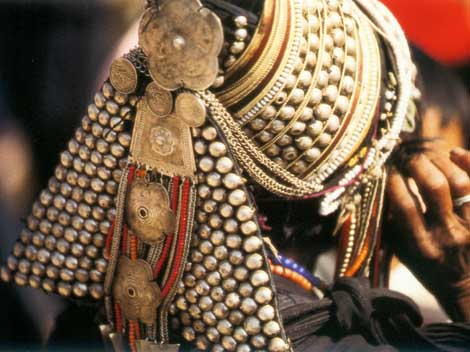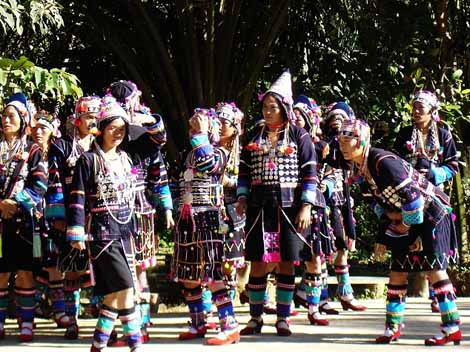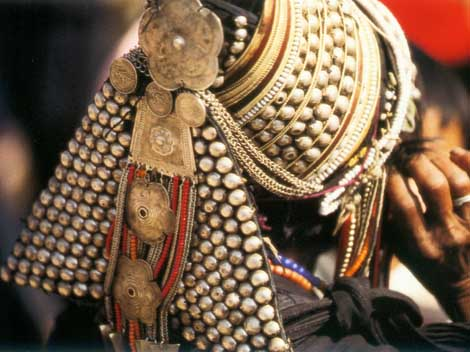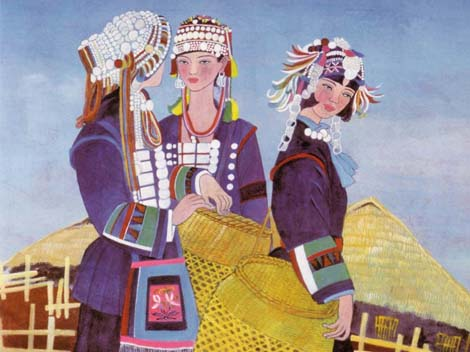
The Hani people mainly inhabit an area within the reaches of the Yuan and Lantsang Rivers. This is a branch of the ancient Qiang people who had been nomadic on the Tibetan Plateau and then emigrated southward. The Hani ethnic group now has a population of 1,424,990.
Language:
Hani language belongs to the Yi branch, Tibetan-Burman group of the Sino-Tibetan phylum. The language has no characters of its own, so in 1957 the Chinese government created a set of spelling characters based on Latin.
Economy:
Before the foundation of modern China in 1949, the productivity was low but today, they have terraces and the area enjoys the reputation of 'the land of milk and honey'. This is also home to the famous 'Dian Lu' and 'Pu'er' teas.
Beliefs:

The Hani are convinced that everything has soul, so they worship many gods and their ancestors. In the 1920s, Christianity and Buddhism had spread to them, but with little influence. The person who is designated to hold the religious activities is hereditary and doctors cure patients with witchcraft and herbal medicine.

Hani people like the navy blue clothes they weave and dye themselves. Men wear a front opening coat and wrap their heads with black or white cloth; while women's clothes have a right forepart without a collar. Silver decorations are popular among them to hang.

Calculated according to the Hani calendar, the first day of the tenth month is the festival of most pomp. It is customary for the people to sing, dance and drink, even overnight, and to make sacrifice to their ancestors.
Besides it they also have Ku-Zha-Zha Festival,Spring Festival, Dragon Boat Festival and Mid Autumn Day.
Custom:
It is interesting to mention the marriage custom: if a boy and a girl fall in love with each other, their parents will walk for a stretch. If on the path, they meet no wild animals like rabbits or wolf, this means the success of engagement.





